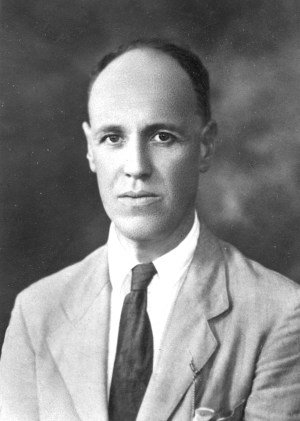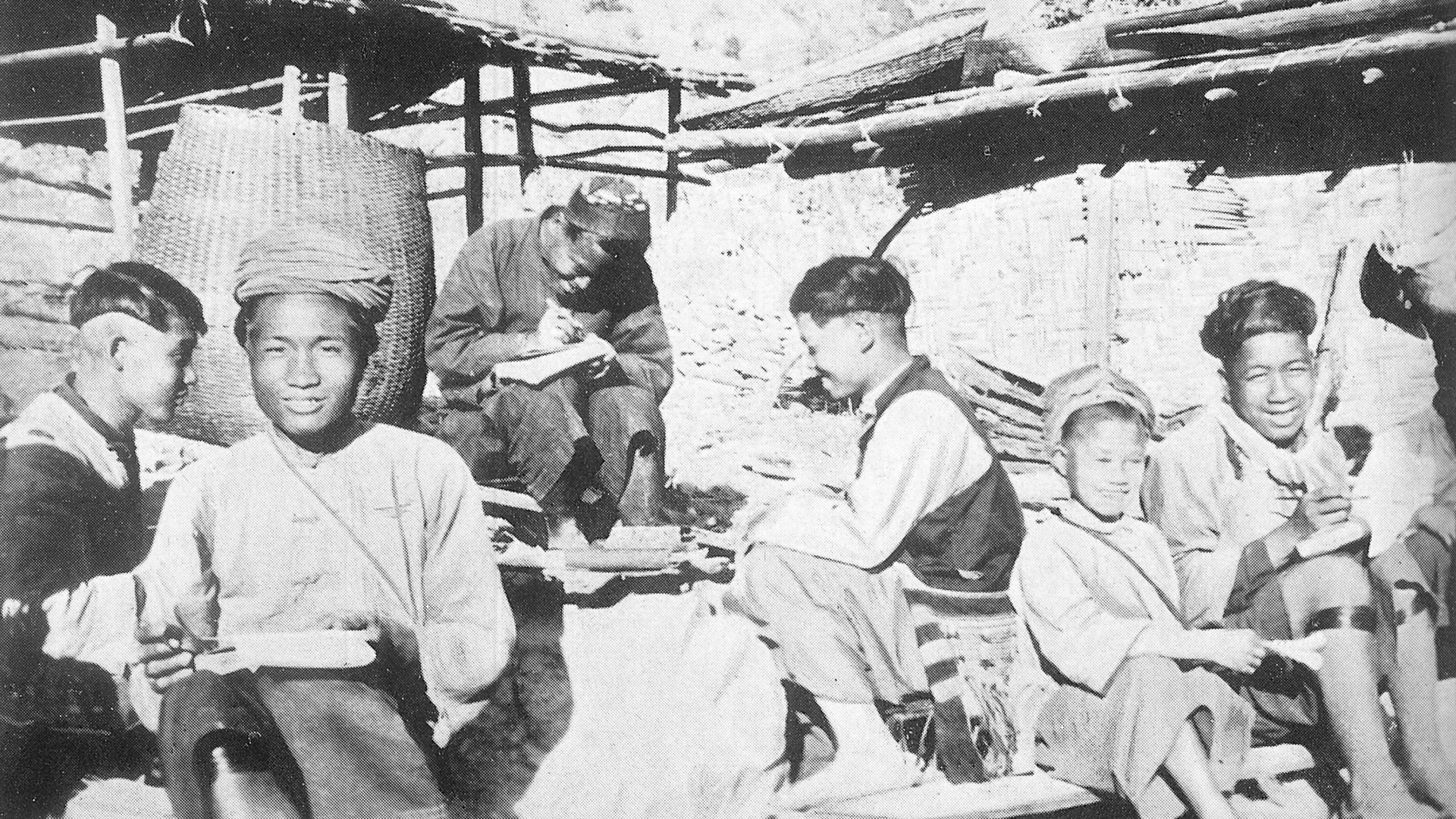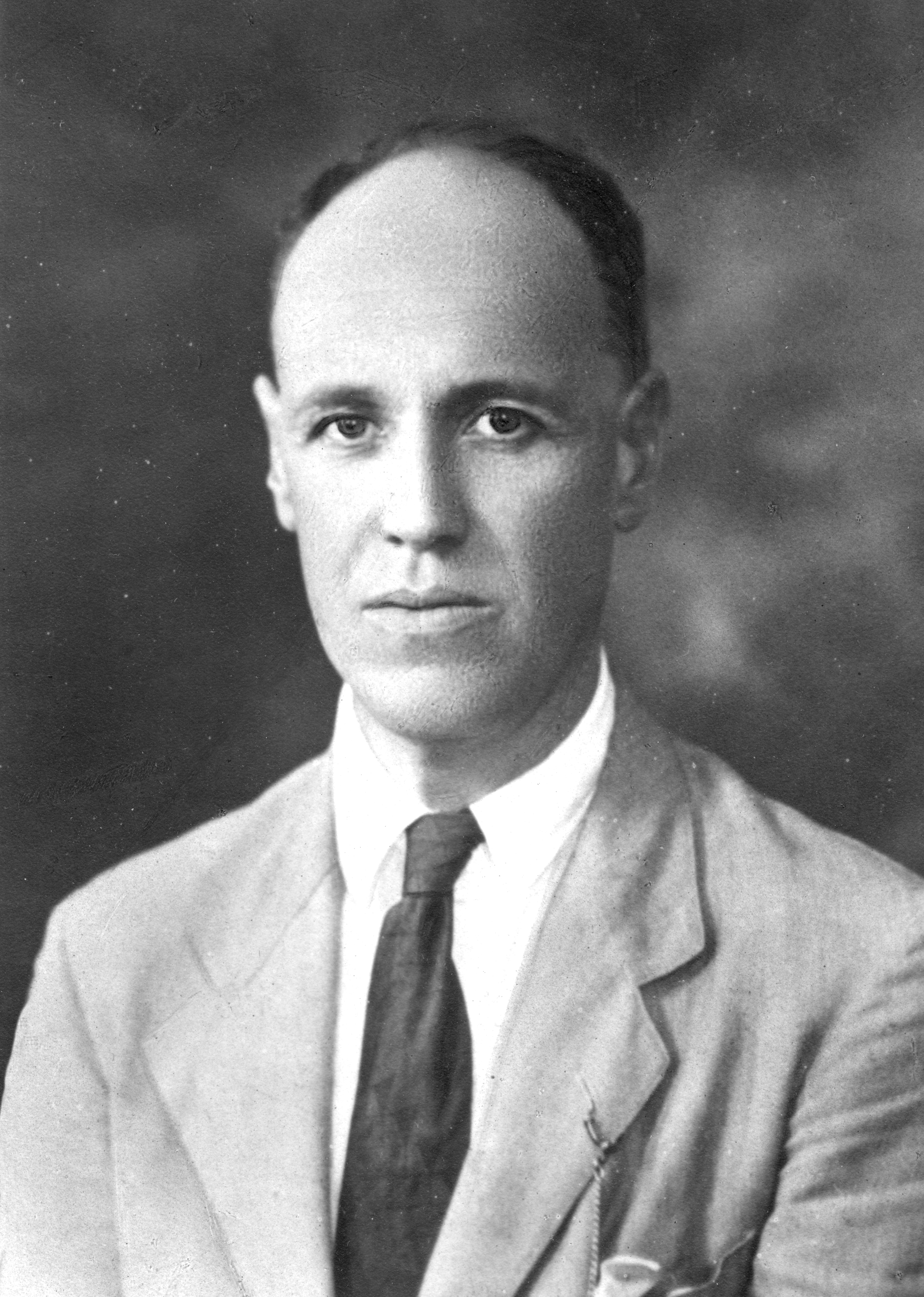In the remote mountains and ancient forests of China’s Nujiang Grand Canyon, near the Myanmar and Tibet borders in Yunnan province, live the Lisu people (傈僳族).
One of the country’s 55 ethnic minorities, the community of about 900,000 is majority (80%) Christian, and the faith has been present among the people for over a century.
The history of the sowing, germination, flowering, and fruiting of the gospel among the Lisu and the development of their written language trace back to the 1910s, with a missionary from England named James Outram Fraser.
Love at first sight
In 1908 at the age of 22, Fraser (Chinese name Fu Neng Ren 富能仁) was a talented student who gave up the promising future of an engineering career to join Hudson Taylor’s China Inland Mission (CIM). His move across the world was inspired by the Student Volunteer Movement as well as by a mission mobilization leaflet one of his Imperial College London schoolmates gave him, which included the following sentences:
If our Master returned today to find millions of people (in China) unevangelized, and looked, as of course He would look, to us for an explanation, I cannot imagine what explanation we should have to give. Of one thing I am certain—that most of the excuses we are accustomed to making with such good conscience now, we shall be wholly ashamed of them.
Convicted and compelled by this argument, Fraser boarded a ship to China in 1910 and disembarked in Tengchong (formerly Tengyueh, a city in Yunnan province and a key stop along the Silk Road).
A hundred years ago, the local ethnic minority Lisu were extremely poor, and their living conditions were miserable. The agricultural method then was “slash and burn.” People lived in raised huts made of woven bamboo and mud, with livestock animals stabled under the floor. They could only afford to eat rice and salty preserved vegetables, without any meat. Fraser often traveled into the mountains by riding a horse or walking to preach the gospel, but the climate there was fickle, and he found it difficult to adapt to the environment. He struggled with physical weakness and his new diet often left him malnourished.
The Chinese language was also difficult to learn. Fraser felt that the language barriers were as limiting as the mountainous landscape of Nujiang, and all the conditions made it almost impossible for him to carry out missionary work. During the hard first few years, one of the most significant sources of encouragement for Fraser was the prayers of his missionary support team back in the UK, which included his mother.
Fraser’s work in Tengyueh started with evangelizing the majority ethnic group, the Han Chinese. He began distributing printed booklets of the Gospel of Mark in Chinese, which he had brought from England.
One day, Fraser lost a copy of the booklet in a city market. A little girl found it and gave it to a literate pastry chef, Master Moh. Moh was moved when he read the gospel and decided to follow Jesus, becoming the first believer in the Nujiang area. Later, the chef hosted the nearby Lisu people at his home and became an important asset to Fraser in evangelizing the minority people.
 Courtesy of omf.org
Courtesy of omf.orgWhen Fraser first saw the Lisu, they were wearing bright tribal costumes and descending from the mountains at the market. He immediately fell in love with this people and was convinced he wanted to preach the gospel to them. “I was very much led out in prayer for these people, right from the beginning. Something seemed to draw me to them,” he later said.
A formidable mountaineer, Fraser often climbed ridges and hiked into the mountains and old forests to share the gospel with the Lisu. The people were happy to receive this tall, quiet, and always smiling Western missionary in their mud huts.
Initially, Fraser could only communicate with the Lisu people in Han Chinese. But both his Chinese and theirs was quite limited, so a lot of gesturing and guessing was involved. Over time, Fraser began the hard work of learning Lisu. When he finally managed to hold a simple conversation in their own language, he, along with local Christians, helped bring several families to Christ.
Encouragement from a small magazine
Despite these initial conversions, numerous missiological challenges and spiritual battles quickly ensued. In general, the Lisu were highly superstitious and afraid of evil spirits, and they offered sacrifices to ghosts. When a newly converted Christian family encountered illness and difficulties in life, they often rejected their new faith. Moreover, many Lisu people regularly struggled with alcoholism and sexual promiscuity. After becoming Christian, it was often difficult for them to move on from their old habits and commit themselves to the faith.
Observing these new Christians’ spiritual struggles and lapses led Fraser into a period of spiritual darkness and depression in the first years of his mission in Nujiang. He suffered setbacks and almost gave up.
One day, during one of his lowest points, he walked a long way to the post office and found he had received a Christian publication from his British Christian friends. Fraser had never read The Overcomer before. The outside of the magazine was already wet from the rain, so he opened it carefully, worried he might rip its pages.
Inside, the magazine talked about trusting in the Lord and resisting the Devil. Fraser carefully read that magazine again and again, and found himself greatly encouraged by the words. “I talked to Satan at that time, using the promises of Scripture as weapons,” Fraser later recalled. “And they worked. Right then, the terrible oppression began to pass away.”
Generations of Christians, including the native Lisu missionaries from the Nujiang area, have been inspired by Fraser’s trust in God and his perseverance in the face of adversity. His example has helped others devote themselves to missions among the Lisu and other ethnic minorities.
The Lisu script and Bible translation
Fraser’s most acclaimed contribution to missions is his translation of the Bible and Christian hymns into the Lisu language. When he first met the Lisu people in Tengyueh, they had no written language of their own. After Fraser learned to speak the language, he began to translate the Bible into Lisu.
At that time, Ba Thaw, a Karen missionary from Myanmar, was also preaching the gospel among the Lisu. Ba Thaw recorded the spoken language using an adaptation of the Latin alphabet, which Fraser further modified. This first written system is now called the “Fraser script” or “Fraser alphabet,” or “old Lisu script.”
After 1949, the new Communist government in China commissioned linguists to invent a new Lisu script, but the old script was already deeply rooted in the hearts of the people. In 1992 the Chinese government recognized the old Lisu script invented by Ba Thaw and Fraser as the official writing system of the Lisu language.
By 1917, less than a decade after arriving in China, Fraser translated the Gospel of Mark. He soon followed with the Gospel of John and a number of hymns. The Lisu people were especially talented in singing, and Fraser, a gifted pianist, was deeply moved every time he heard the Lisu sing hymns in four-part harmony. (Today, tourists to Nujiang cannot help but marvel at the highly gifted singing in the many small Lisu churches throughout the mountainous area.)
Fraser later handed over the work of translating the Lisu Bible to other missionaries who followed his footsteps. Allyn B. (杨思慧) and Leila (宋大成) Cooke, an American missionary couple in Nujiang, worked with Fraser and subsequent workers to complete the New Testament. The Cookes also translated a children’s prayer book and compiled a small Lisu dictionary. In 1968 the Old and New Testaments were officially published in the Lisu language in Hong Kong. It is regarded as one of the most significant events in the history of Christian mission in China.
Fraser’s own mission work benefited from the ministry of Christian literature—articles, pamphlets, and booklets published and distributed for evangelistic or missional purposes. And Fraser himself made a lot of contributions as a talented writer and wordsmith, penning many articles for the missionary journal The Chinese Recorder and CIM’s China’s Millions. In the prayer letters that Fraser regularly sent back to his supporters in the UK, he eloquently described the beauty of the mountains in the south of Yunnan and the simplicity and warm-heartedness of the Lisu people.
He wrote in detail about the difficulties he experienced in his mission work and how he persevered by God’s grace. He recorded his spiritual journey and shared views on spiritual issues (especially prayer). His biography Mountain Rain, written by his daughter Eileen Crossman, contains many quotes from his well-written and sincere prayer letters, which have become precious historical materials. His letters aid us today in learning and emulating the missionary pioneer’s love for unreached people and the spiritual character of being empowered in prayer.
In one of the prayer letters he sent back home, Fraser encouraged Christians in England to pray for mission in China:
Work on our knees. I am feeling more and more that it is after all just the prayers of God’s people that call down blessing upon the work, whether they are directly engaged in it or not. Paul may plant and Apollos water, but it is God who gives the increase, and this increase can be brought down from heaven by believing prayer, whether offered in China or in England. We are, as it were, God’s agents used by Him to do His work, not ours. We do our part, and then can only look to Him, with others, for His blessing. If this is so, then Christians at home can do as much for foreign missions as those actually on the field.
Sean Cheng is CT Asia Editor.














